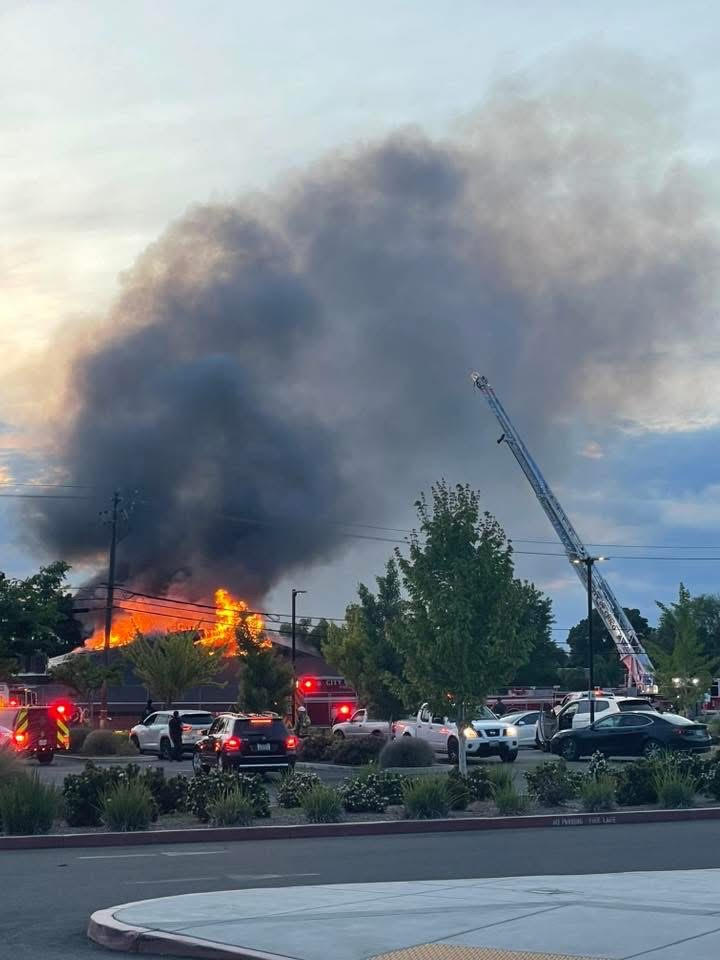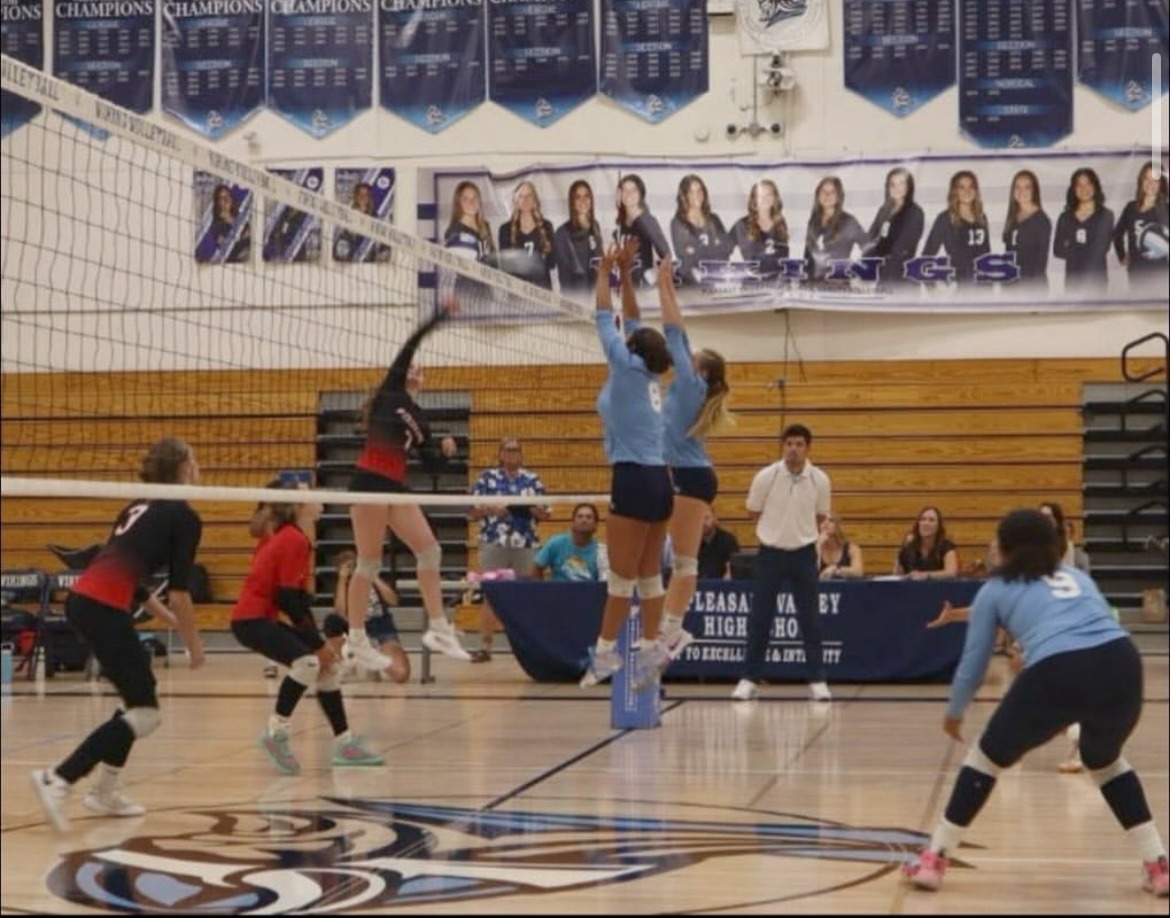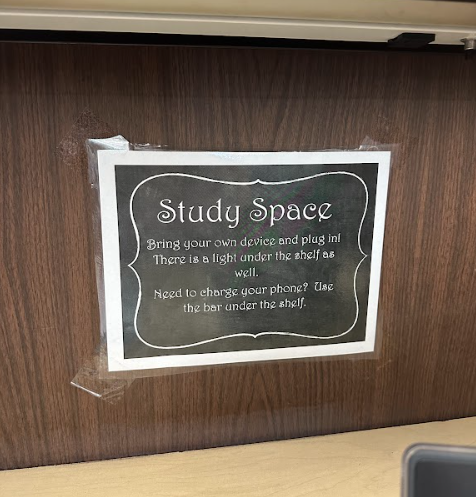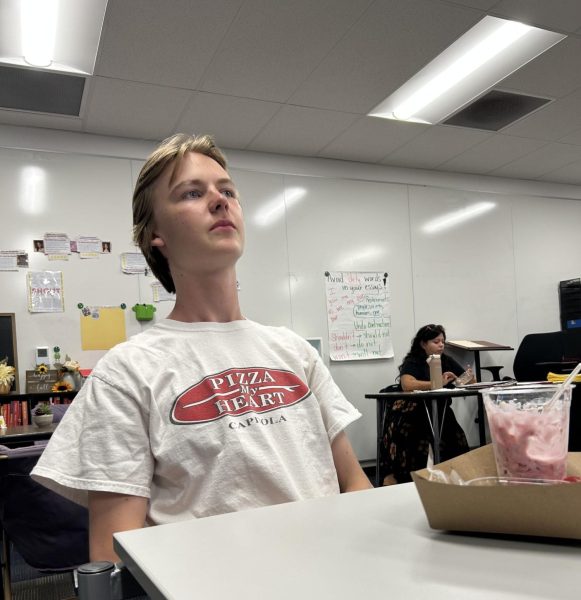The backbone of any democracy is an educated population. If the population doesn’t understand what they’re voting for, they can be deceived by the first charlatan with a golden goose and a scapegoat. This is why public education has helped America flourish. A government that not only permits but mandates education is a government with a thriving nation under its wings. Our public schools and libraries, from the richest to poorest neighborhoods, allow any young Lincoln or Carnegie to achieve their dreams, and allow the everyman to comprehend their vote, turning it from an archaic institution into a tool for his or her benefit.
America’s most recent 12th grade test scores have dropped to the lowest they have been in 20 years in English and Math with 32% and 45% scoring below “basic” level respectively (PBS news). One former English teacher stated it would be normal in years past for an English class to read upwards of 20 books a year. Mr. Hislop, an English teacher on campus stated “[These test scores] are going to have a drastic effect on our future of the nation, because we won’t be critical readers and critical thinkers. We won’t know when we’re being fooled, or when people are trying to fool us.” In other words, without the skills built by reading and writing, there is a higher chance of someone fooling the public into voting for something they don’t understand and which may not be in their best interest. We were founded on a basis of self-evident truths and without a population that understands these foundational ideas our elections, government and country can crumble.
One of the first executive orders of the Trump administration was to “take all necessary steps to facilitate the closure of the Department of Education and return authority over education to the States and local communities while ensuring the effective and uninterrupted delivery of services, programs, and benefits on which Americans rely” (White House). This order sounds hopeful in promise, but is more harm than help in practice. Without major federal oversight of education, this decentralization causes rampant change in education policies and standards, removing any national baseline we may have and skewing the education state to state, or even county to county. One place this decentralization will show its first signs is in the cafeteria system, which is run through the district rather than the school. Sandro Espinoza, the head of the cafeteria here, stated that “[We’re] on point. We got our stuff done, our food is up to temp and it’s served on time”, despite “communication [difficulties], because in order for everything to go smoothly in this kitchen, we have to be in contact with our supervisors, our milk person, our delivery person, our warehouse coordinator, our bakery department”, but these difficulties are met well through good management. Despite their best efforts, with the slow budget cuts, they may reach a critical capacity and end up with lower quality food or smaller portions.
We’ve already felt these changes at the local level too. One of our Spanish teachers, Senora Adams, stated that under the most recent budget cuts, “We [teachers] have less access to professional development, conferences, events that we visit to keep our like coursework current and our choices current and learn more about our own craft” She also noticed the lower budget for cafeteria goods/hot lunch, through a “more, head down, unfocused type of energy lately”, and she is paying for snacks out of pocket “because kids should be fed.” These budget cuts stretch beyond the school too, and lower-income families who rely on the schools for food are struggling more. Senora Adams stated, “If you’re food insecure at home, and now you’re food insecure in school too, it adds up over time.” These changes are large and unprecedented, and if they continue schools will be one less help for lower class students and families. The nation rises and falls with the schools, and if the schools are disjointed, hungry and tired the nation will follow.

























